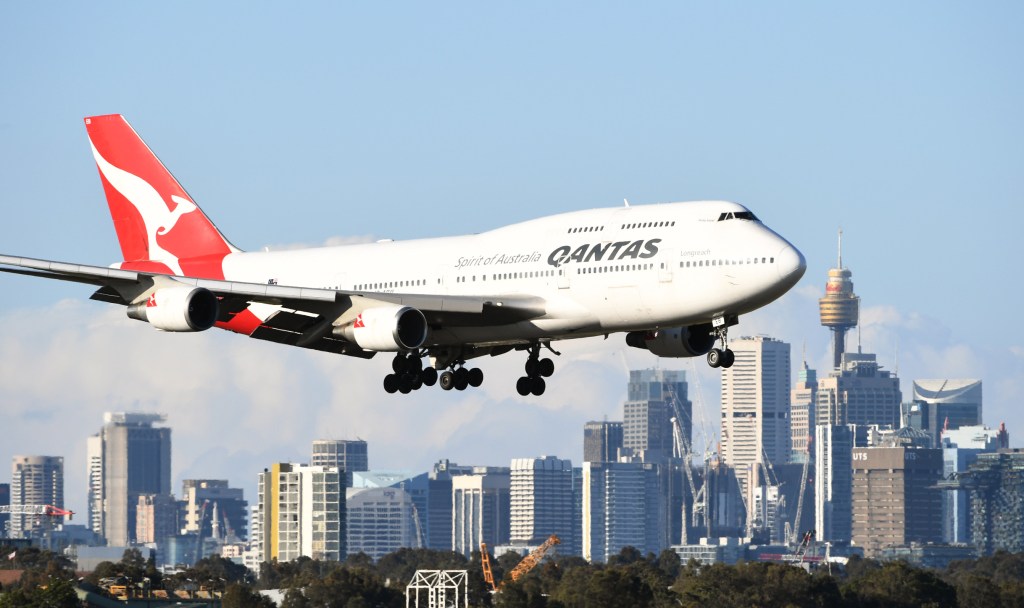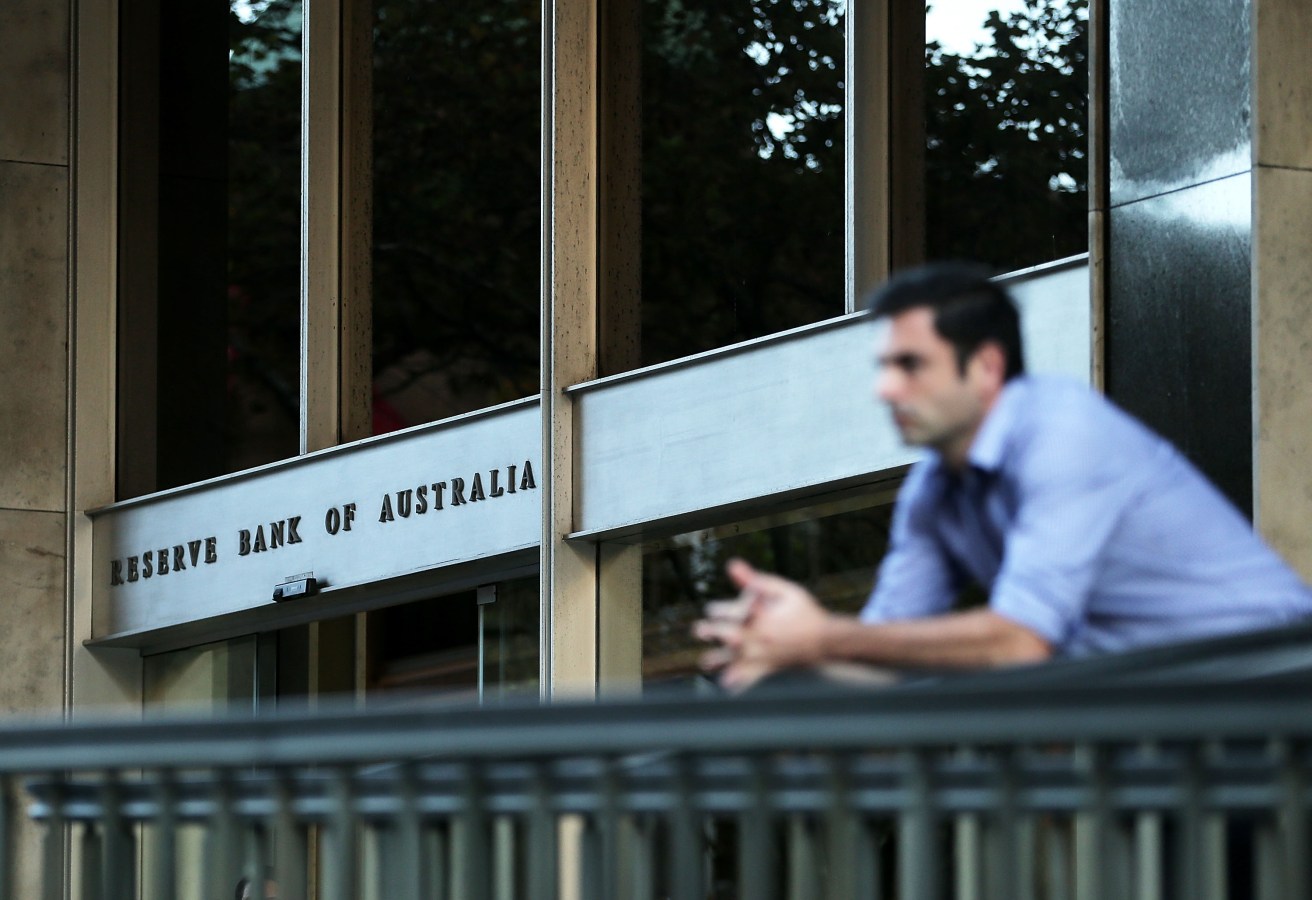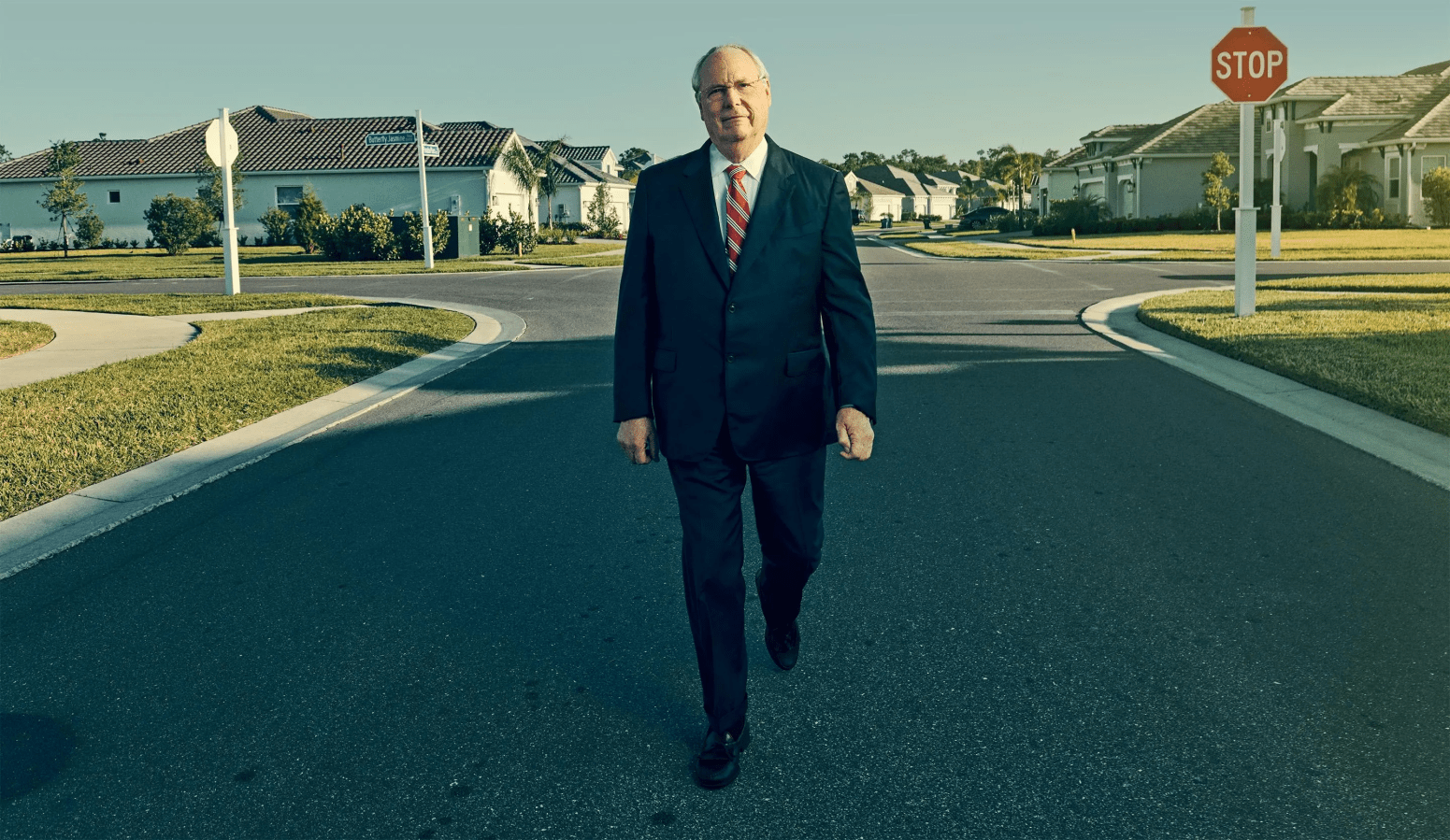Australia’s national carrier Qantas has seen its statutory profits after tax take a near-30% hit, which the airline says is due to moderating fare prices.

Key Takeaways
- Qantas’ statutory profit after tax is $1.25 billion for FY24, down 28% on the previous period, with earnings reduced as fares moderated on the return of market capacity.
- The airline’s 23,000 non-executive employees will receive a $500 staff travel voucher, on top of a $500 voucher provided in February.
- Qantas’ Group Domestic delivered $1.36 billion in underlying earnings, with Jetstar growing its domestic network by 15% year-on-year thanks to strengthening demand for low-fare travel.
- Qantas claims 80% of its flights departed on time, compared to 74% of Jetstar’s flights.
- Shares were trading at $6.32 the night before the announcement.
Big number
$1.25 billion. That’s Qantas Group’s total statutory profit after tax for FY24. Its underlying profit before tax was $2.08 billion.
That’s down about 28% year-on-year: in FY23, the company posted statutory profits after tax of $1.74 billion, and underlying profits before tax of $2.47 billion. That was its first full-year statutory profit after tax since pre-COVID, which it largely attributed to its COVID recovery plan and robust travel demand.
Key background
Qantas says its earnings are down as fares have moderated with the return of market capacity. According to global travel data provider OAG, airline capacity is back at 2019 levels due to aircraft availability, resources, and the rise in low-cost airline market share.
In every single region of the world, average capacity per scheduled flight (number of available seats on the aircraft) has increased by nearly 8%. (Qantas Group’s domestic capacity is now at 104% of its pre-COVID capacity for 1H25 and its international division is at 102% of its pre-COVID capacity.)
The airline also reported that its Group domestic fares were 8% lower than last year and Group international fares were 10% lower, adjusted for inflation, as capacity continues to normalise.
That’s in line with what Australia’s consumer watchdog found in its latest domestic airline competition report, which revealed that airfares had declined throughout 2024. But, the ACCC warned that consumers could be in for less competitive fares down the track if regional airline Rex failed to re-commence its services between metropolitan cities.
Crucial quote
“Our strong financial performance and balance sheet will allow us to continue to invest in our largest ever fleet renewal program, which will benefit our customers and people, as well as delivering shareholder returns,” Qantas Group CEO Vanessa Hudson said.
“These investments come at a time when Australians are continuing to prioritise travel over other spending categories, with intention to travel over the next 12 months remaining high.”
Tangent
About 800 Qantas short-haul cabin crew are also in for a payrise, after Qantas agreed to support the union’s ‘Same Job Same Pay’ applications for these employees. The airline has also reached an agreement with its long-haul crew to boost 2,500 employees’ pay in line with short-haul crew raises. That’ll cost the business about $60 million in FY25, and will commence from 1 November this year.
“The decision to support the Qantas Domestic Same Job Same Pay applications will result in wage increases for hundreds of our short haul cabin crew,” Qantas Group chief people officer, Catherine Walsh, said. “The in‑principle agreement we have reached with the FAAA will, if voted‑up by employees, also mean an increase in pay for most long‑haul cabin crew, while also ensuring our international business can continue to grow in a fiercely competitive environment.”
What to watch for
A whole new fleet. Qantas is replacing its fleet of Boeing 737 over the next decade with 28 Airbus A321XLR aircraft, with the first due to arrive in April 2025. The new fleet is set to offer wider economy seats, larger overhead bins, a longer cabin with higher ceilings and fast, free Wi-Fi.
It comes as an Alaska Airlines-operated Boeing 737 flight was forced to turn around over the weekend, after one of its engines failed midair.
Look back on the week that was with hand-picked articles from Australia and around the world. Sign up to the Forbes Australia newsletter here or become a member here.


